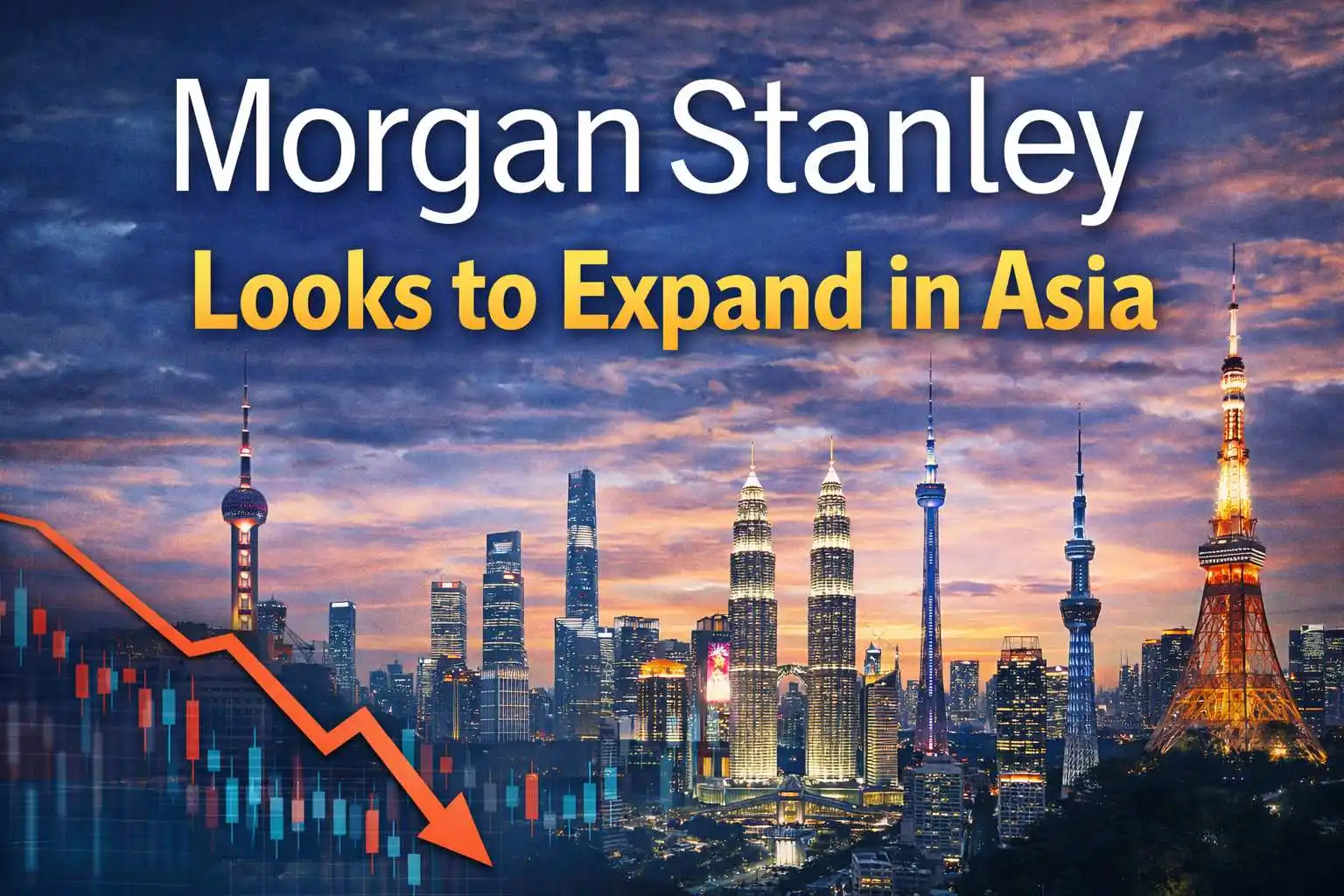Abstract:Singapore has established itself as a prominent worldwide entrepreneurship location. Direct investment and partnerships with global venture capital (VC) players have been critical in establishing this unique ecosystem, which is geared toward increasing a startup's prospects of regional success.

Singapore has positioned itself as a leading destination for global entrepreneurship. Direct investment and partnerships with global venture capital (VC) players have played a crucial role in creating this unique ecosystem, primed towards optimizing a start-ups chances of regional success.
As the world recovers from the COVID-19 pandemic and with Singapores easing of COVID-19 restrictions, you probably wonder if it is now a good time to invest in the Singapore stock market.
Let us evaluate how the market has been performing Year to Date (YTD). According to Bloomberg data, the Straits Times Index (STI) has risen 9.6% YTD. In contrast, the S&P 500 has declined 3.80% YTD and the Hang Seng Index (HSI) in Hong Kong declined by 7.7% YTD.
Irrespective of the threat of inflation, the ongoing Russia-Ukraine conflict and the higher commodity prices, the STI continues to do well1.
One of the reasons for this is that the bulk of STI‘s weight is based on Singapore’s three major banks: DBS Group (SGX: D05), United Overseas Bank (SGX: U11) and OCBC Ltd (SGX: 039), all of which have performed well.
As the three lenders contribute to almost 44% of the index, their performance inevitably has a large effect on the STIs direction.
According to the report “Phillip 2Q22 Singapore Strategy – A stagflation shelter” published on 4 April 2022 by Paul Chew, head of Phillip Securities Research: “Bank earnings will enjoy a huge lift as we enter an interest-rate cycle. A 100 basis point rise in rates can increase earnings by around 18%. We believe the three domestic banks have excess deposits or float totaling S$160bn that can immediately benefit from the rise in short-term rates2.”
DBS Group and United Overseas Bank Ltd reported impressive fiscal 2021 (FY2021) earnings. DBS reported a record S$6.8 billion in net profit for FY2021 and also increased its quarterly dividend to S$0.36 per share; while UOB reported S$4 billion net profit for FY2021 and also increased its final dividend for the full year compared to the last fiscal year. Similarly, OCBC saw higher FY21 earnings of S$4.86bn with higher net interest income offsetting steep allowances3.
Also, other sectors comprising the index are expected to perform well as Singapore reopens. Quoting from the same report mentioned above: “The reopening of borders and relaxation of social restrictions will be a further boost for corporate earnings. Primary beneficiaries are transport, telecommunications, retail and hospitality. They make up a combined 20% of the STI. Tourism accounted for 5% of GDP in 2019. So, it becomes a huge economic driver over the next 12-18 months.”
Based on the data from CBREs latest report on the Singapore hotel market, various signs of nascent recovery emerged over the second half of 2021, led by premium segments such as luxury goods and upscale markets. Tourism in Singapore is expected to pick up further over the course of 2022, benefiting the hotel industry in Singapore as usage of the Vaccinated Travel Lane scheme continues to grow4.
According to Mr Chew, another sector expected to perform well as Singapore reopens, is the construction sector. “Construction, namely building materials, will gain from a return of foreign labour and construction activity.”
Real Estate Investment Trusts (REITs) is also something investors can consider when looking at the STI. There are a total of seven REITs listed in the STI, and these companies hold a combined weight of about 14.6% within the index5.
To elaborate more, REITs hold assets in the hospitality and retail sectors which are expected to benefit as life returns to the pre-COVID norm.
Singapores retail sales rose 11.8 per cent year-on-year in January, compared with the increase of 6.7 per cent in December 20216.
The growth was mainly attributed to higher spending prior to Chinese New Year in early February this year, according to data released by the Singapore Department of Statistics (SingStat) on 4 March.
As for the performance of the STI YTD (see table above), one can see that it started rising after a brief decline. The decline, from 3 to 8 March 2022, was mainly due to the Russia-Ukraine conflict where Russia announced that corporate deals with companies and individuals from “unfriendly countries” including Singapore, required approval from a government commission. This resulted in the STI falling 0.4% to 3174.40. The index then started to rise again from 9 March 2022.
To gain exposure from the STI‘s good performance, investors can consider looking into Exchange-Traded Funds like SPDR STI ETF (SGX: ES3) (See table below) and Nikko AM STI ETF (SGX: G3B). In the SPDR STI ETF’s case, the ETF tracks Singapore‘s 30 biggest companies and the economy’s top-performing sectors such as banking, real estate, and industrial goods8.
The SPDR STI ETF is SGX‘s most famous ETF, and considered to be one of the core investments any Singaporean should have since it is a tracker of the country’s economy. Those who have been buying the ETF from its inception would have benefitted from Singapores rapid economic growth over the past decades. Amongst the ETFs also pay out dividends at regular intervals, prompting some investors to use them as a source of passive income9.








